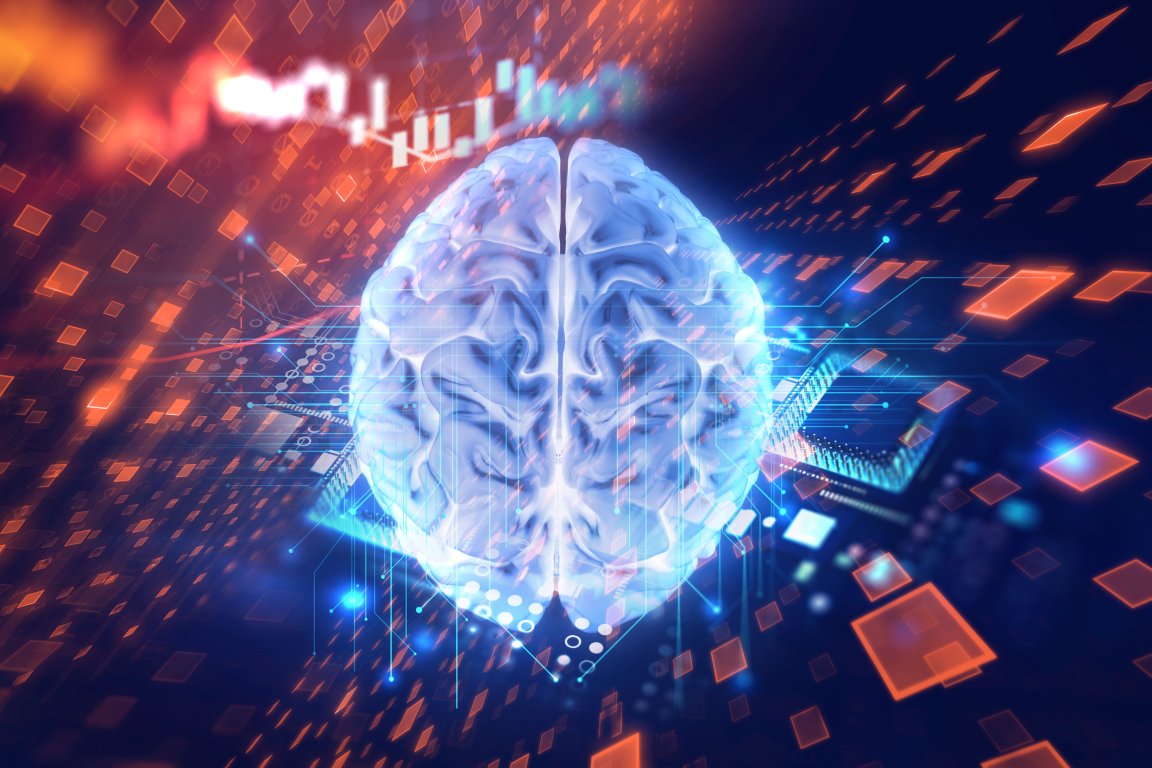
The Future of Developing AI
One of the biggest companies focusing on artificial intelligence (AI) is Google, a company many only associate with the popular search engine. The company’s has been developing AI over the years, which can be seen in some of its current products: Google Assistant, which came to Android smartphones in February; AI assisting the aforementioned search engine helping with job searches; and the Google Home smart speaker. The AI may not be as smart as a first grader yet, but it has the potential to reach a point where it’s smarter than the average person interacting with it.
To reach that point, however, AI may need to become more human-like. At least, that’s what Google Cloud Chief Scientist and Director of the Stanford Artificial Intelligence and Vision Labs Fei-Fei Li believes. By doing so, AI would become more capable of improving our lives and providing us peace of mind.
In an interview with MIT Technology Review senior editor Will Knight, Li explained that thinking about AI’s impact on the world is one of the most important factors regarding the technology, and that her work with AI has revealed one thing: future developments and advancements need to be more human-centered.
Better AI Development
“If you look at where we are in AI, I would say it’s the great triumph of pattern recognition,” she said. “It is very task-focused, it lacks contextual awareness, and it lacks the kind of flexible learning that humans have. We also want to make technology that makes humans’ lives better, our world safer, our lives more productive and better. All this requires a layer of human-level communication and collaboration.”
Early signs of such communication and collaboration can already be seen, though their true impact has yet to be seen; in July, for example, Google’s DeepMind revealed it began developing AI with imagination, enabling it to think through decisions and plan for the future without human input.
Earlier this month, DeepMind stated its new AI is on the verge of being able to perfectly mimic human speech, while the recently unveiled Google Clips camera — powered by AI — is capable of taking pictures for you, eliminating the need to wait for the “perfect” moment.
“If our algorithms are to develop equally sophisticated behaviors, they too must have the capability to ‘imagine’ and reason about the future,” said researchers from DeepMind, speaking on AIs equipped with imagination. “Beyond that they must be able to construct a plan using this knowledge.”
Li’s own thoughts nearly echo DeepMind’s, as she also believes AI need to be able to think and act for themselves. To this end, she said that future research conducted needs to focus on “contextual understanding”, as well as “knowledge abstraction and reasoning.”
AI That Represents Humanity
That said, new features and capabilities won’t be enough to truly advance artificial intelligence. Diversity also needs to play a key role. As Li explained, studies have shown that a diverse team leads to more creative, innovative solutions. AI also cannot be biased or influenced by the morally questionable parts of humanity, otherwise its adoption and incorporation could hinder some groups of people over others.

“When you are making a technology this pervasive and this important for humanity, you want it to carry the values of the entire humanity, and serve the needs of the entire humanity,” said Li. “If the developers of this technology do not represent all walks of life, it is very likely that this will be a biased technology. I say this as a technologist, a researcher, and a mother. And we need to be speaking about this clearly and loudly.”
Look no further than this soap dispenser being incapable of identifying darker skin colors as an indicator of how certain tech sectors are lacking in diversity. Artificial intelligence is expected to radically change the world, and it would certainly be in our best interest if everyone could benefit from it.